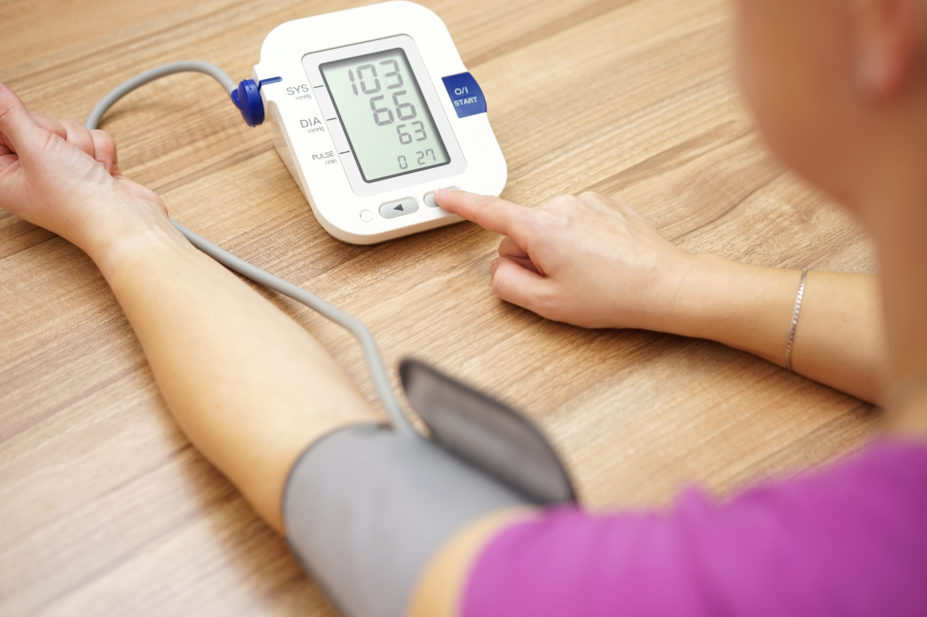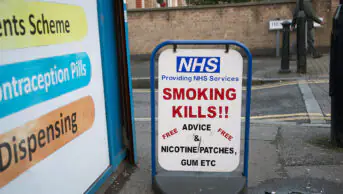
Shutterstock.com
As many as half a million people may have missed out on starting blood pressure medication during the COVID-19 pandemic, which could lead to an additional 5,755 heart attacks and strokes, researchers have estimated.
Analysis of routine prescription data from England, Scotland and Wales showed that first prescriptions of antihypertensives dropped sharply in March 2020, and had not recovered to pre-pandemic levels by July 2021.
Researchers estimate that an average of 27,070 fewer people started taking blood pressure lowering medication each month during the six months from January to June 2021, compared with prescribing levels in 2019. First prescriptions of lipid-lowering drugs also dropped sharply when the pandemic began, with an estimated 16,744 fewer patients started on lipid-lowering drugs each month from January to June 2021, according to the study, which was published in Nature Medicine on 19 January 2023.
Looking at the period from March 2020 to the end of July 2021, the research group estimates that 491,306 fewer people began taking blood pressure-lowering treatment than would have been expected on pre-pandemic trends. If these people’s blood pressure remains untreated throughout their lifetime, the team calculates this could lead to an additional 13,662 cardiovascular events, including 2,281 heart attacks and 3,474 strokes.
The team called for the NHS to “identify and treat” people who should have started taking medicine to manage cardiovascular risk but who missed out on treatment initiation during the pandemic.
Study author Professor Reecha Sofat, associate director of the British Heart Foundation Data Science Centre and chair of clinical pharmacology at the University of Bristol, said: “The NHS has already taken important and positive steps towards identifying people with high blood pressure as early as possible. However, we need this focus to be sustained in the long term to prevent any increase in heart attacks and strokes, which will add to a healthcare system already under extreme pressure.”
Paul Wright, lead cardiac pharmacists at Barts Health Centre, London, said: “The COVID-19 pandemic fundamentally changed many aspects of our lives and health care was no exception. It is recognised that, with reduced face-to-face consultations, there were fewer opportunities to undertake physical assessments to both diagnose new cases of high blood pressure and to appropriately titrate treatment in those with established hypertension.”
NHS England has listed a new community pharmacy service to screen patients for high blood pressure under a range of ‘high-impact interventions’, as preliminary results show a third of patients may require further investigation.


